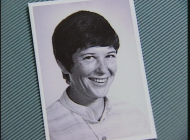
In the late 1980s, as civil war broke out in El Salvador, the bodies of four American churchwomen were exhumed from a crude grave in San Salvador, the capital. The women — Ita Ford and Maura Clarke, nuns of the Maryknoll Congregation in New York; Dorothy Kazel, a nun in the Ursuline Sisters of Cleveland; and Jean Donovan, a lay missionary from the Cleveland Mission — had been abducted, raped and murdered. Bill Ford, brother of Ita Ford, along with other relatives of the women spent 20 years investigating the murders of these women who were doing missionary work in El Salvador at the time of their murders. Initially the investigation led to the trial and conviction of five Salvadoran National Guardsmen.
But who was behind the murders? It was clear to Bill Ford that the Guardsmen were only triggermen. With the help of the Lawyers Committee for Human Rights (now called Human Rights First) Ford set out to discover who ordered, paid for, directed and covered up the murders.
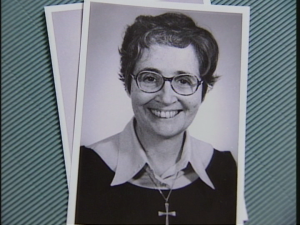
By the mid-1990’s with the war over and amnesty declared for all human rights abusers, declassified U.S. government documents revealed that the State Dept. had withheld information pointing to involvement at high levels of the Salvadoran military.
The new information allowed Ford and other relatives to bring a civil suit against two senior Salvadoran generals, Jose Guillermo Garcia and Eugenio Vides Casanova, minister of defense and head of the notorious National Guard at the time of the women’s murders. The generals had retired to Florida and now faced the families of the victims in a West Palm Beach courtroom.

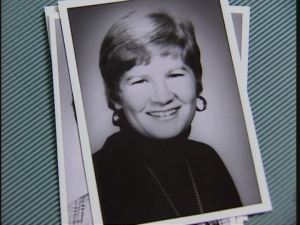
Justice and the Generals offers unique insight into a new chapter in international human rights law, an important step forward in the campaign to bring military commanders to justice for crimes committed within their ranks. It also shows the creative contemporary use of the Alien Torts Claim law which was first used against pirates in the 18th century
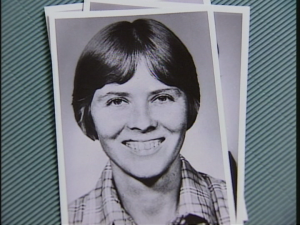
This film follows the trial and includes harrowing interviews with several Salvadoran survivors of torture who use the same international and U.S. laws to pursue the same generals in a follow-up trial. Their case – Romagoza vs. Garcia & Vides Casanova is represented by the Center for Justice and Accountability in San Francisco.
See the PBS website for a full background on the documentary, the history of El Salvador, the two human rights trials and the legal basis for pursuing human rights crimes committed in foreign countries in U.S. courtrooms. Of particular importance is the Alien Torts Claim law, the Torture Victims Protection Act, and the doctrine of Command Responsibility. www.pbs.org/wnet/justice
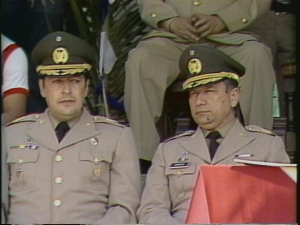
Credits: Editor: Alison Amron; Cinematographer: Ed Marritz; Associate Producer: Sidney Beaumont
This film was funded by The Soros Foundation and the Florence and John Schumann Foundation

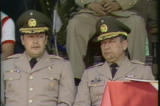
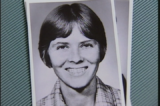

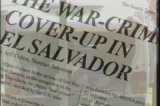
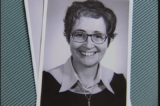
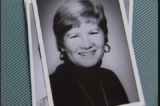
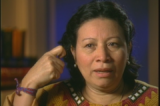
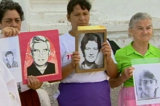
This is tough journalism, passionate and clear, and still shocks after all these years and many
misadventures of the US military and ¨allies.¨ It should be on everyone´s must list for the truth
about US imperialism.
Justice and the Generals is a deeply moving film that does an outstanding job explaining the tragedy that was the Salvadoran armed conflict and the multiple challenges to securing justice in its wake. I use the film in my undergraduate teaching and find it to be a very helpful way of introducing students both to the specific history of the Salvadoran war but also to broader themes of universal jurisdiction and the search for justice in US courts for crimes committed abroad.
The story “Justice and the Generals” tells is not over, and I am happy it has been updated to report that on April 8, 2015, General Carlos Eugenio Vides Casanova, the former Defense Minister of El Salvador, was deported after immigration courts found that he had participated in torture and killings by troops under his command, including the murders of four American churchwomen in December 1980. A U. S. Immigration Judge ordered him deported from his retirement home in Florida despite having been a close ally of the U.S. during El Salvador’s civil war in the 1980s, making Vides Casanova the highest-ranking foreign official to be deported under laws enacted in 2004 to bar human rights violators from residing in this country.
it’s a terrific film telling a horrific story. One cannot go away from it without wondering why the US always seems to back the status quo – almost no matter how gruesome or greedy – and as your film points out, we seem to ‘create’ a ‘leftist’ opposition (whatever that means) by buttressing anti-democratic, self-serving regimes…. we have a ways to go, and a lot to learn. Your film goes a long way towards showing us (as in US), some of the lessons we have failed to learn and which we still desperately need to understand because we keep repeating our basic error of supporting oppressive leadership principally because it seems to support ‘stability’ by opposing the counter-forces their oppressive regimes have spawned in the first place. No one ever said democracy was simple or easy.
the film also beautifully and indirectly tells how hard it can be to get to ‘truth’ – whether it be the truth of what happened to someone one loves, or the truth about one self and about the ‘half-truths’ we are all to ready to accept.
From Julia Preston of the New York Times, Jan 7, 2016: The authorities have deported GeneralJosé Guillermo García, who was minister of defense in El Salvador in the 1980s, after an immigration judge found that he had a role in human rights violations in that period, including in the 1980 slaying of Archbishop Óscar Arnulfo Romero while the prelate was saying Mass in San Salvador. In a decision in February 2014, the judge found that “General García, a close ally of the United States during the Salvadoran civil war, should be deported for assisting “numerous acts of torture and extrajudicial killing while he was in command,” a Department of Homeland Security news release said.